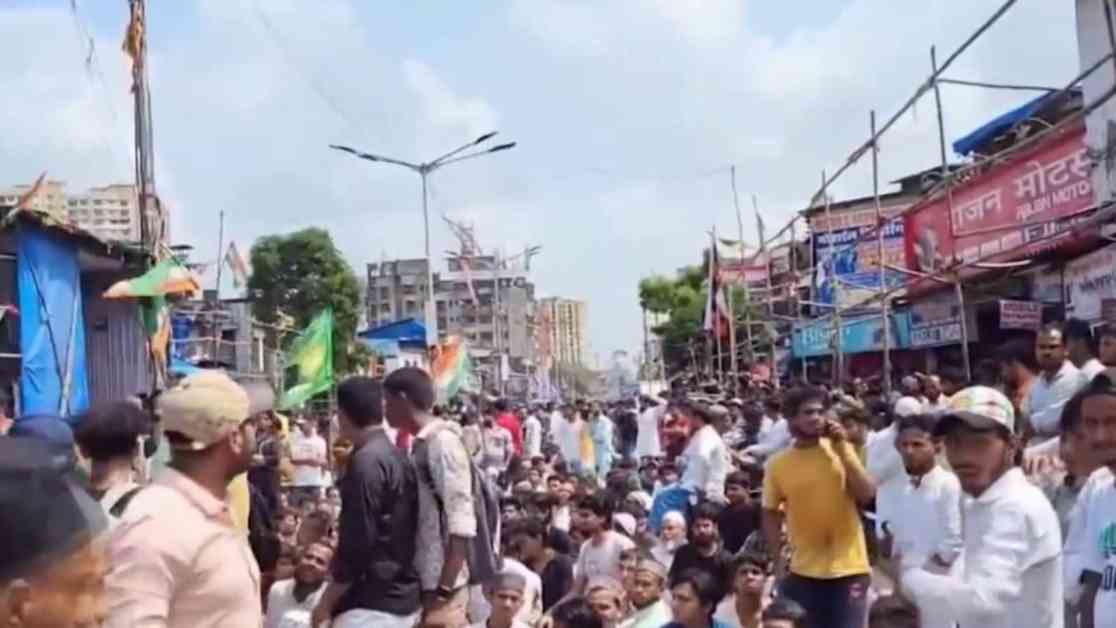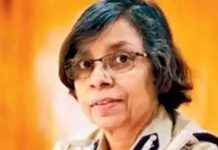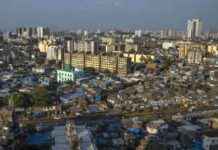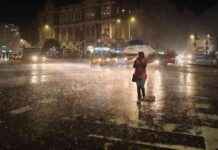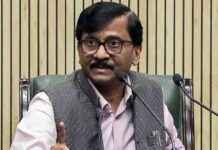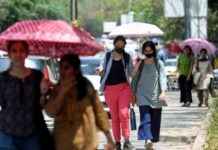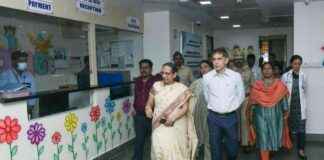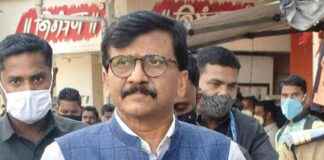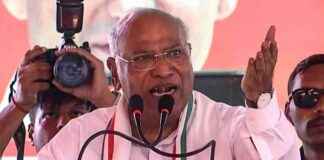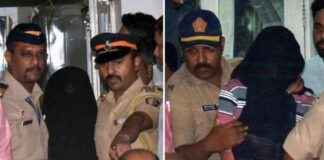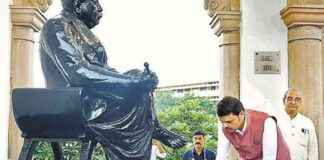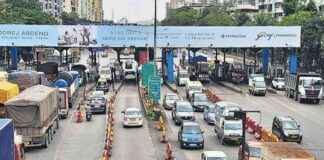Tension in Mumbai’s Dharavi as BMC Plans Mosque Demolition
Tensions ran high in Mumbai’s Dharavi slum as residents gathered to protest the Brihanmumbai Municipal Corporation’s (BMC) plan to demolish a section of the Mehboob-E-Subhani mosque. The situation escalated on Saturday morning when a team of BMC officials arrived at 90 Feet Road in Dharavi to carry out the demolition.
Protests and Police Presence
The arrival of the BMC officials sparked a wave of resistance from local residents, who quickly assembled on the road to block the officials from entering the lane where the mosque is located. The scene quickly turned chaotic as the crowd grew in size, prompting a significant police presence to manage the situation and prevent any potential disturbances.
According to a police official quoted by PTI, the residents not only blocked the BMC officials from accessing the mosque but also gathered outside the nearby Dharavi police station to express their opposition to the demolition. The residents sat on the road in protest, making their voices heard against the civic body’s actions.
Negotiations and Resolution
As tensions continued to rise, a delegation from the mosque, along with BMC officials and Dharavi police, engaged in talks to find a resolution to the conflict. Despite the heavy police presence, the situation remained under control as authorities worked to prevent any further escalation of the situation.
Dharavi Redevelopment Efforts
Dharavi, known as Asia’s largest slum, has been undergoing redevelopment efforts led by Adani Realty through its DRPPL initiative. The company secured the bid to transform the slum cluster, which spans 240 hectares of valuable land in the city’s center, in November 2022. The state government is currently conducting a door-to-door survey to determine which of Dharavi’s 310,000 tenements and their residents qualify for free housing.
A six-acre site in Matunga has been designated for housing hundreds of eligible residents, with a groundbreaking ceremony taking place on September 12. While the state housing department has proposed various relocation sites such as Mulund, Kurla, Dahisar, Wadala, and Deonar, no final decision has been made due to protests from residents in these areas.
Challenges and Concerns
The tensions in Dharavi highlight the challenges and concerns surrounding the redevelopment efforts in the area. As authorities work to transform the slum cluster into a modernized space, they must navigate the complexities of community resistance and opposition to ensure a smooth transition for residents.
Moving Forward
As negotiations continue between the stakeholders involved in the mosque demolition issue, it is crucial for all parties to prioritize open communication and dialogue to reach a mutually agreeable solution. The redevelopment of Dharavi presents a unique opportunity to improve the living conditions of its residents while preserving the cultural heritage of the area.
Impact on the Community
The tension in Dharavi not only affects the immediate residents of the area but also has broader implications for the larger community. The demolition of a section of the mosque has stirred emotions and prompted a collective response from residents who are concerned about the future of their neighborhood.
Legal and Ethical Considerations
The BMC’s decision to demolish a section of the mosque raises legal and ethical questions about property rights and religious freedom. As the situation unfolds, it is essential for authorities to uphold the rule of law while respecting the rights and beliefs of all individuals involved.
Community Engagement and Empowerment
Moving forward, community engagement and empowerment will be key in ensuring the success of the redevelopment efforts in Dharavi. By involving residents in the decision-making process and empowering them to voice their concerns, authorities can build trust and cooperation to achieve a sustainable and inclusive transformation of the area.
